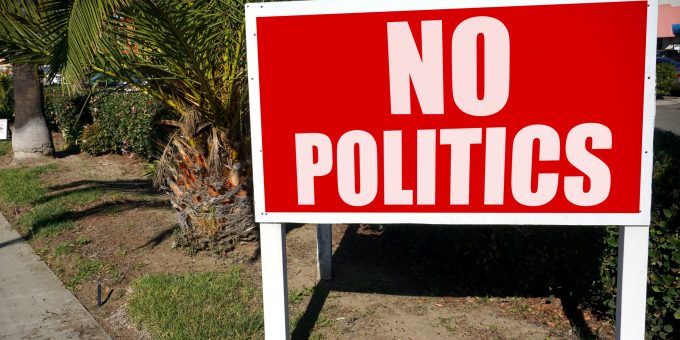
iStockPhoto.com // smodj
wealthy disillusioned with politics, too
As the rich get richer, as the old saying goes, we might expect their political influence to expand. This logic, however, assumes that elites believe in political solutions—an assumption that a recent study by Finnish sociologists Hanna Kuusela and Anu Kantola calls into question. Indeed, even in one of the most progressive liberal democracies in the world, we see the rich get richer and more cynical of democracy.
Published in the British Journal of Sociology, the article draws on 90 interviews with Finland’s wealth elite to examine how this small, extremely powerful segment of society views the utility and capability of liberal democracy. While some participants avoided discussing politics altogether, most responses drew on a combination of three main frames of critique. The first, which the authors dub the cynicism frame, paints democracy as an inefficient and ineffective system of governance that has been “hijacked” by special interests. The second, the impatience frame, locates its consternation in the deliberative element of democracy, claiming that debate and consensus-building are barriers to the types of strong action needed to create change. The third, the boldness frame, builds on the impatience frame to claim that democratic leaders lack the courage to make the difficult decisions needed to solve big social and political problems (ones that the participants often failed to identify explicitly).
To make sense of their respondents’ critical frames, the authors draw together theories of unpolitical democracy, which describes the rise of anti-political, antagonistic, and populist parties within democratic systems, and solutionism, the belief in simple, often technological solutions to complex social and political problems. These suggest that today’s wealth elites largely see liberal democracy as an inefficient system incapable of solving pressing, yet unspecified social and political problems. The result is that elites appear to echo the sense of political powerlessness and support for strongmen leaders found among populist partisans and the lower classes.